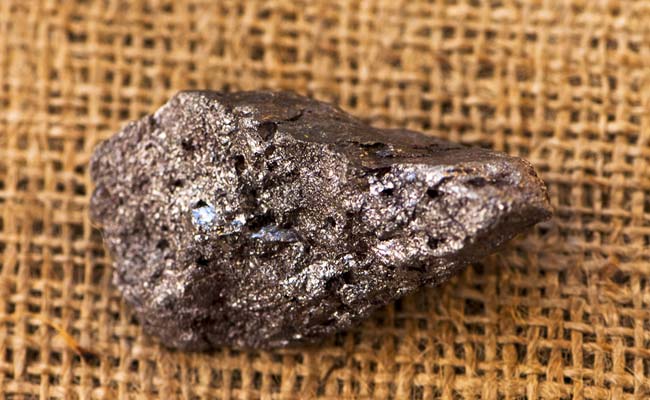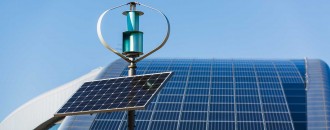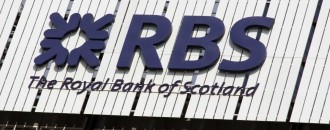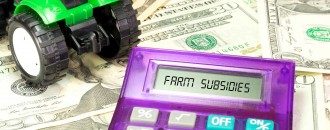
China removes export quota on rare earth minerals
 Rare earth metals are important raw materials used in the production of high-tech products such as mobile phones, LEDs and missiles
Rare earth metals are important raw materials used in the production of high-tech products such as mobile phones, LEDs and missilesChina has ended a decade-old quota on export quantities of rare earths such as tungsten and molybdenum, after the World Trade Organisation’s (WTO) Dispute Settlement Body (DSB) adopted the Appellate Body report last year which termed such restrictions as a breach of the WTO rules. China is the world’s largest producer of rare earths which are key raw materials used to make electronic goods, computers and several other high technology goods such as missiles and mobile phones. China’s share of world’s rare earth production stands at around 90% and impacts world economy and trade significantly. India is also heavily dependent on China and other countries for the production of several products such as CFLs and LED Lighting. After gaining most of the share for supply of rare earth materials, China imposed export restrictions on rare earths saying that such measures were required to conserve the country’s exhaustible natural resources and reduce pollution. However, the effort was to push prices higher in the international market. According to the European Union (EU), non-Chinese buyers were forced to buy their raw materials at a price that was more than twice as high as that paid by Chinese firms. An investigation by the WTO showed that China’s export quotas were meant to achieve industrial policy goals rather than conservation. Now, China has removed the restrictions on export quotas of rare earths. However, the move comes after several changes in the rare earth industry in China aimed to get a better pricing control on exports. Last month, China’s biggest producer of light earth metals, Baogang Rare Earth Group (BREG) became a dominant global player after merging with five smaller companies. Other major players, Aluminum Corporation of China and Xiamen Tungsten Co. Ltd, are also expected to complete a merger.
This article was published on January 5, 2015.






 to success.
to success.